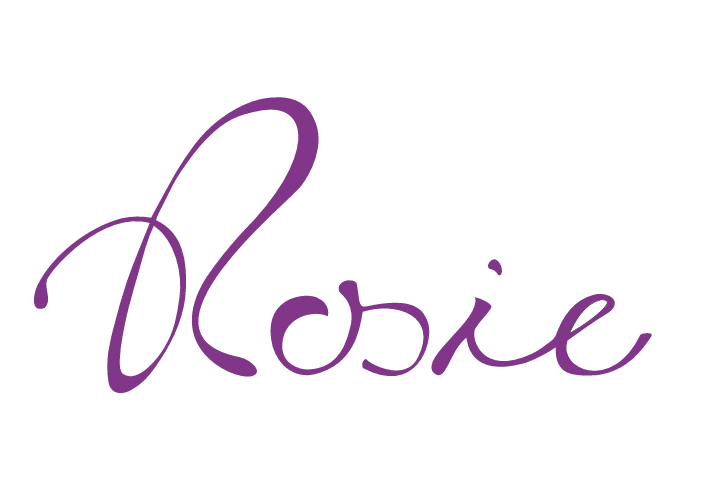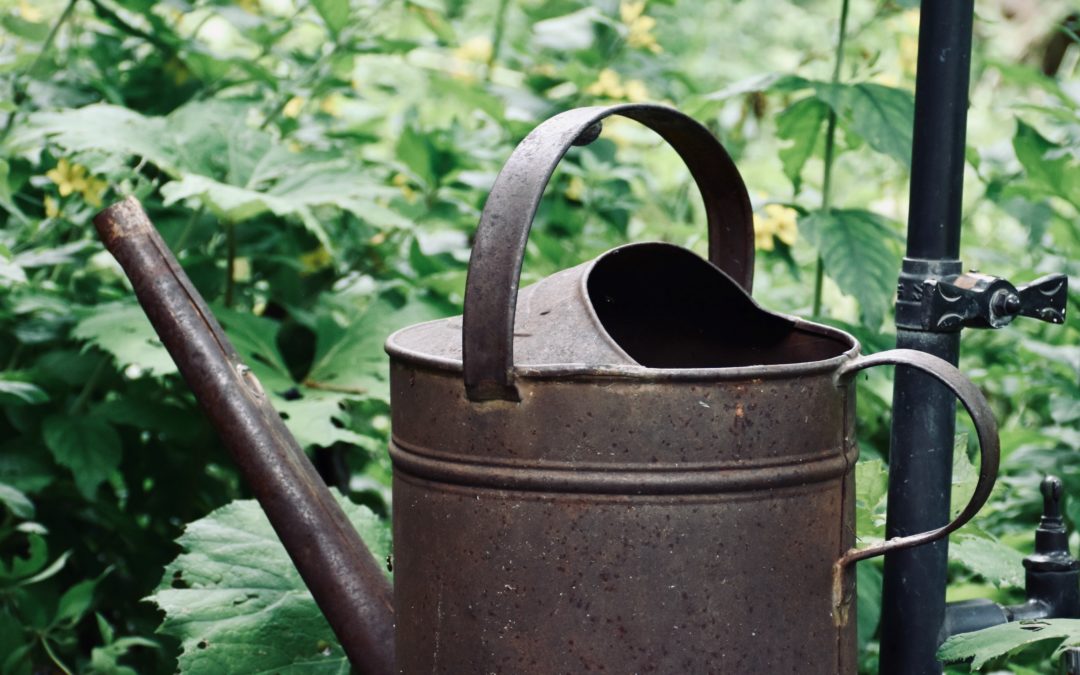When I was a kid growing up on the farm, my mum and dad regularly made a concoction that they called liquid manure. The first time I read Roald Dahl’s fabulous ‘George’s Marvelous Medicine’ to my kids, it made me think of the liquid manure – except that mum and dad’s mad ingredients came from the paddock not from the pantry as George’s did.
Of course, you can guess what the mad ingredients in the liquid manure were.
Well, there was liquid – nothing surprising here – it was water.
The other ingredients are equally predictable – sheep, cow, horse… maybe some chook. (Manure… naturally.)
A sh**ty job
One of my childhood jobs was collecting cowpats for the liquid manure. In a wheelbarrow if I was lucky. Or in a wheat sack if I was unlucky. That meant dragging the increasingly heavy thing around the paddock in search of my mulchy quarry.
I’d try to choose the dry pats. Though sometimes I couldn’t really tell. And sometimes I did the job with my brothers. Then it wasn’t always the dry pats that were chosen. And they didn’t always go in the sack.
There was a 44-gallon drum next to the tap by the chook house. The collected pats went in there. And then the liquid was added. And a lid went on. With weights. And we were not to touch it or climb on it. We knew we were being protected from drowning in it. We were glad of that protection.
The stuff was stirred every day for weeks. Or so it seemed. My dad assures me this was a scientifically driven process, but the finer points of the titration were lost on me as an 8-year-old. When the lid was off, it was all an overwhelming mystery of black, earthy-smelling horror.
And when the time was right and it had turned to slush, dad would bucket it out of the drum and spray it on the plants. I recall that its chemical design might have killed a few pests at the same time.
The garden loved it.
Life is a garden.
One can be growing serenely in the sunshine and then be doused with liquid manure. Sh**ty events can leave you drenched in the stuff. Breathing it in, stuck all over you, fierce, killing things around you, feeling sickeningly poisonous, and you can’t get away. And you didn’t ask for it.
One endures. Doubled over in pain. Would that it had never happened.
But a shower comes and brings refreshment. The crap begins to clear and through the transformation of decomposition, absorption, and time, the experience becomes part of one’s chemistry – literally building the molecules of memories, adjustment, and adaptation.
We often (not always, I do know this) get to look back and realise the liquid manure was liquid gold. It burnt and stung. But it wrought gilt edging on our lives. We might not say that we ‘loved it’ (like a garden does), but we might come to appreciate its part in being fully alive and fully formed. Especially when the wrangling has been shared with others.
Aging is not for sissies
An aunt recently gave me the phrase, ‘aging is not for sissies’ (sic). We had been talking about the loss she was experiencing. Loss of physical wellbeing, loss of health of family members, loss of independence. She made me think anew about how important it is to be intentional in one’s lifetime about developing those qualities of character that will surely need to be drawn-on heavily when we each go through such end-of-life loss.
If in our younger lives we experience loss of physical wellbeing, loss of health of family members and loss of our independence, it feels as if we have been doused in dung stuff. But we are going to need the gold-edging that the black slop helps to grow. For most surely, accruing losses are the ongoing facts, not the some-time occasions, of becoming elderly.
Can we see life’s challenges as marvelous medicine to expand our spirits? Even though they necessitate discomfort. Even agony.
Maybe this is the greatest challenge and work of our lives.
Because ‘aging is not for sissies’ (sic). The discomforts will surely get thicker and faster.
If we are to be mentally well through those discomforts, and also support the mental wellness of those who are going through them with us, we will need practice at being courageous, and gracious in loss.
We will be well-served by reflection and conversation. By processing our fun and our fear in language – with others. And in written language – with ourselves (a journal might be a friend.) Taking time to hear each other. Looking beyond ourselves. Serving. And accepting to be served.
Such a plant, nourished this way, might yield its most abundant fruit for beneficent influence in its final crop. (Would that each of us yield influence for beneficence in our now, and our final, crops.)
Apples of gold. Falling from the workings of liquid manure – sprayed, unasked for, on the beautiful garden of human life.
A version of this writing first appeared in the TasWeekend Magazine of the Hobart Mercury newspaper in March 2021.

